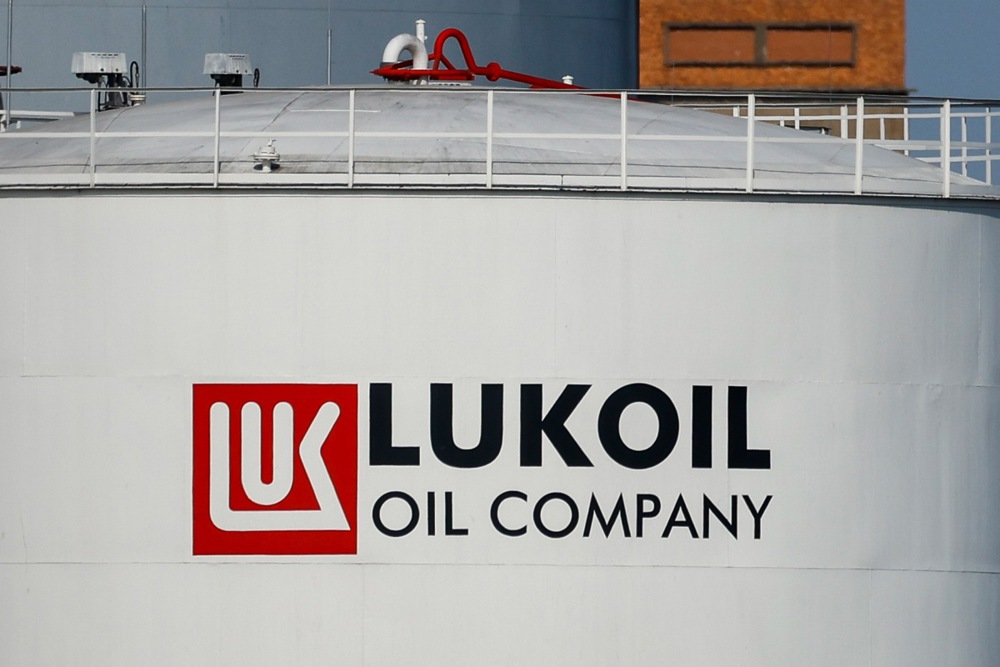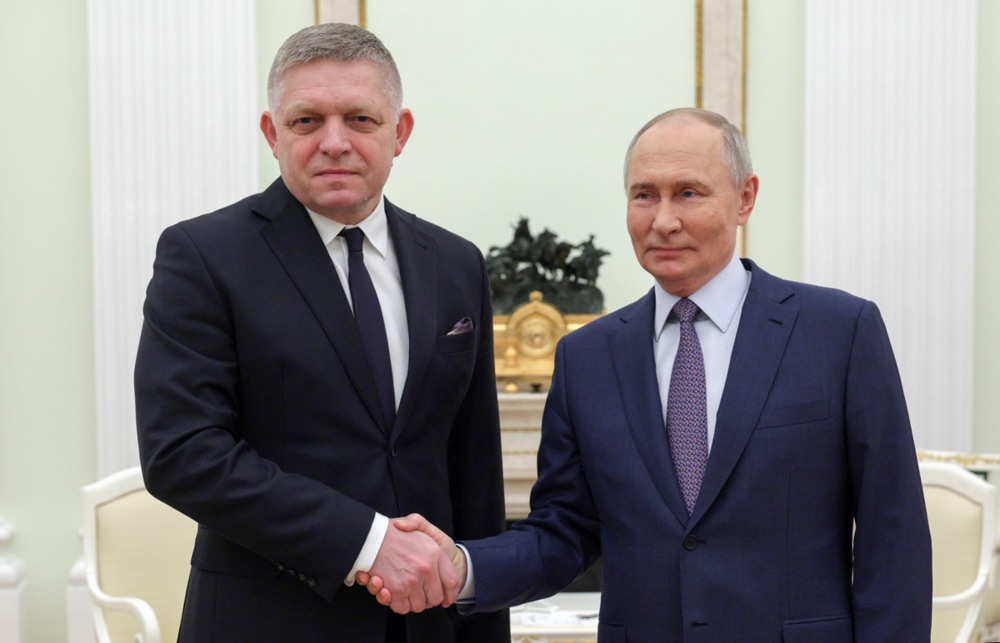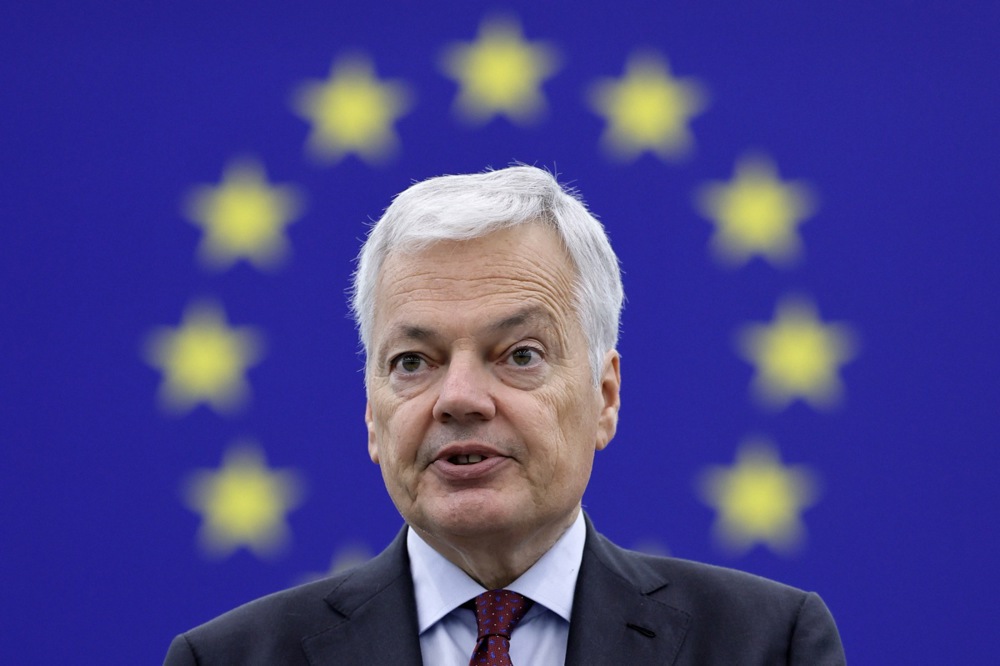Gazprom, Russia’s state-controlled gas giant, has announced a significant reduction in gas flows to Europe via Ukraine.
On December 31, volumes will drop to 37.2 million cubic metres from 42.4 million cubic metres the previous day.
That marked the final shipments before a five-year transit agreement expires, after which flows through Ukraine are expected to cease entirely as of January 1.
The end of this transit deal underscores the sharp decline in Russia’s influence over Europe’s energy market. This dominance has been severely eroded by the war in Ukraine and Europe’s push to diversify its energy sources.
At its peak, Russia supplied 35 per cent of Europe’s gas needs but sanctions and geopolitical tensions have drastically reshaped the market.
The halt in supplies via Ukraine will have immediate repercussions for several nations. Moldova, heavily reliant on Russian gas, faces a looming energy crisis, while Slovakia is the most affected European Union member state.
Hungary, though, will continue to receive gas through the TurkStream pipeline across the Black Sea but it loses the Ukrainian route as a secondary option.
The financial implications are substantial. Ukraine will forfeit approximately $800 million (€768 million) annually in transit fees, while Gazprom faces a $5 billion (€4.8 billion) loss in gas sales to Europe via Ukraine. These setbacks come amidst Gazprom’s first annual loss since 1999, a $7 billion (€6.7 billion) deficit in 2023.
Compounding Gazprom’s challenges, competitors such as Norway, the US and Qatar have stepped in to meet Europe’s energy demands, further diminishing Russia’s foothold.
Finland has detained an oil tanker with links to Russia over concerns it intentionally damaged several deep-sea cables. https://t.co/TW1rvTMn40
— Brussels Signal (@brusselssignal) December 27, 2024





